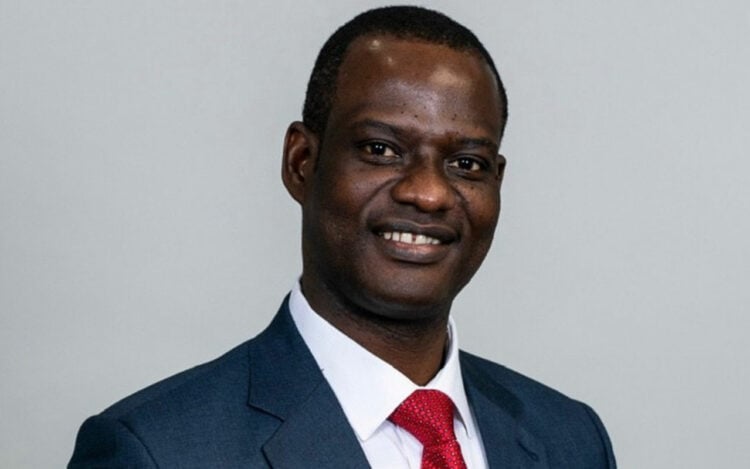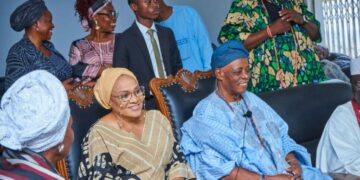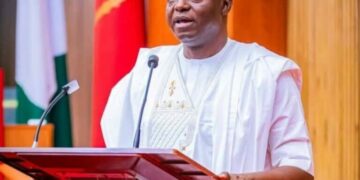The Chairman of the Presidential Committee on Fiscal Policy and Tax Reforms, Taiwo Oyedele has assured Nigerians that the new tax laws will lighten the burden for most citizens, contrary to widespread fears.
He said about 97 to 98 per cent of Nigerians will either not pay tax at all or less than they currently do once the reforms were fully implemented.
Speaking on Channels Television on Tuesday, Oyedele explained that the committee has developed a digital tax calculator to make it easy for individuals and businesses to determine exactly how much they will pay.
“We have a tax calculator on our website, and you will see the QR code on the screen,” he said. “With your phone, just put in your income, and it will tell you how much tax you are paying now versus the one you will pay under the new law. You will see that for the majority of Nigerians — like 97 to 98 per cent — they will pay no tax or less tax under the new law when it comes into effect.”
Oyedele outlined how the reform affects Nigerians across income brackets:
• Low-income earners: “If you earn ₦100,000 per month or less, you are exempted from paying personal income tax from January. That is even higher than the minimum wage,” he noted.
• Middle class: “If you are a middle-class person who earns around ₦1.8 or ₦1.9 million annually, you will see a deduction in the taxes you pay,” he said.
• High-income earners: “For high-income earners and high-net-worth individuals, there will be marginal increases depending on the size of your income. This is how it’s done everywhere in the world — to protect vulnerable people and let those who can pay a little more, pay a little more,” Oyedele explained.
He added that the tax reform was also designed to support businesses, particularly small and medium-sized enterprises.
“Before, the exemption threshold for corporate income tax was ₦25 million. Under this new law, it is up to ₦100 million,” Oyedele said.
“So if your business makes up to ₦100 million a year, you don’t need to pay corporate income tax. It’s zero per cent. We didn’t have this before.”
Oyedele stressed that one of the committee’s main priorities is tackling Nigeria’s long-standing problem of multiple taxation.
“If you look at the list of taxes and levies, there are more than 60. These were not introduced by this government. What we are doing is asking: “Does this list make sense? Can we repeal many of them and harmonise the ones that are good?”
He added that under the new law, Nigeria could move from over 60 different taxes to fewer than 10, which he described as “a single-digit tax system that will be simpler, fairer, and easier to administer.”
Oyedele also highlighted the persistence of obsolete taxes enshrined in the constitution. “We even have bicycle tax, wheelbarrow tax, radio and TV levies in the constitution,” he revealed. “For us to remove them completely, we need to amend the constitution.”
The tax reform chair emphasised that the process was not about introducing new taxes, as widely feared, but about streamlining and modernising the system for fairness and accountability.
“This government has not introduced any new tax. We are repealing, harmonising, and creating transparency so that ordinary Nigerians can understand what they pay, and businesses can thrive without harassment from multiple agencies,” Oyedele said.











